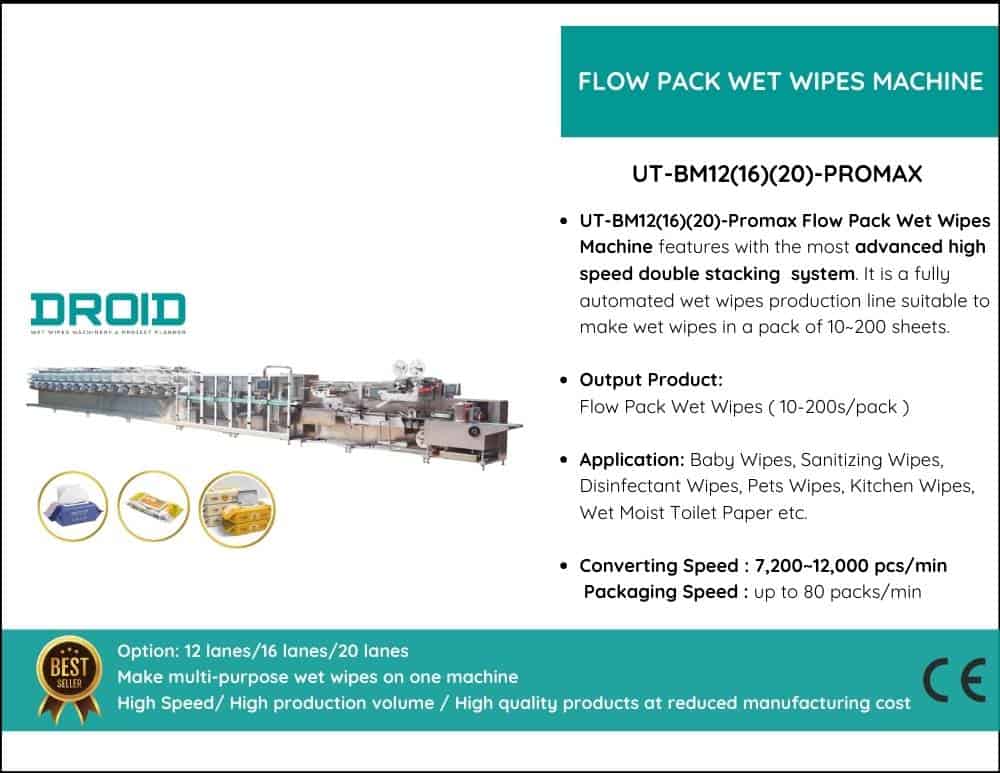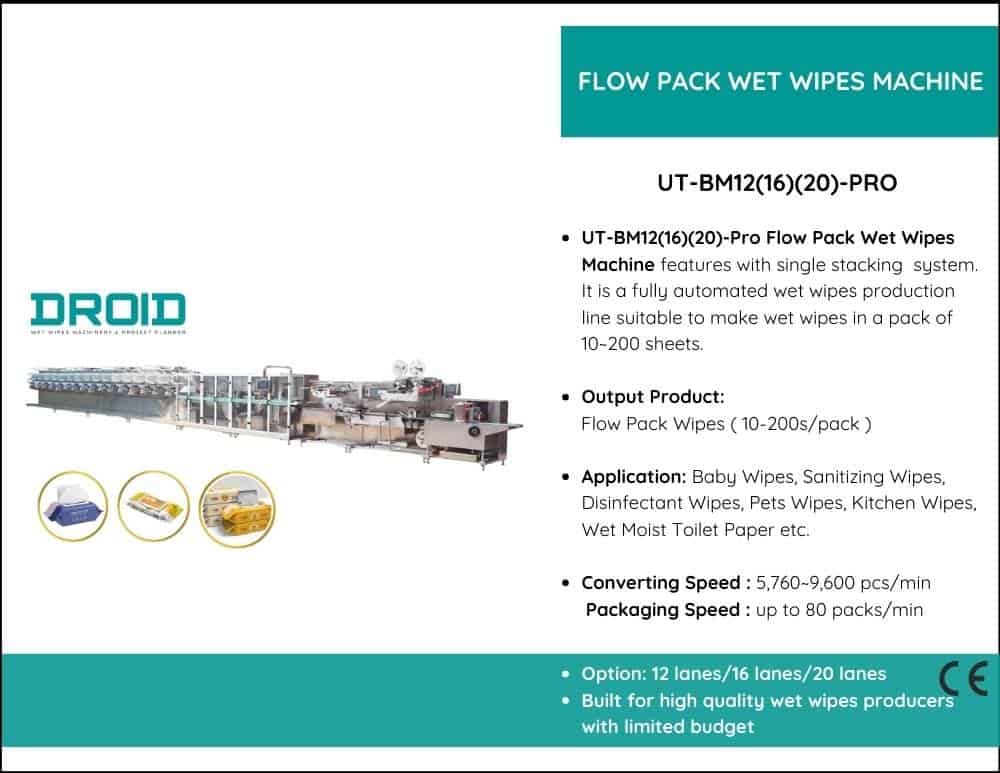Your baby’s comfort and safety depend much on how you use the finest baby wipes for sensitive skin, even after you’ve chosen them. When used properly, the wipes’ advantages are maximized, skin health is maintained, and irritation is reduced. When using baby wipes for sensitive skin, keep these important guidelines in mind.
1. Patch Test Before Using Often
Doing a patch test before using a baby wipe daily is always a good idea, even if it is marketed as hypoallergenic and suitable for sensitive skin. To check for redness, rash, or irritation, apply the wipe to a tiny spot on your baby’s skin, such as the inner thigh or arm, and then wait a few hours. You may use the wipes with confidence if the skin stays clean since you know that your baby’s sensitive skin won’t be harmed. By taking one easy precaution, you may prevent unanticipated allergic responses.
2. When possible, use wipes sparingly
Despite their convenience, baby wipes may sometimes result in excessive moisture exposure or product accumulation, which may irritate the skin. Instead of continually using wipes to clean your baby’s bottom, try using a soft cloth and warm water while you’re at home. A brief pat-down with a moist cotton pad could be kinder than wiping up a little spill. This method minimizes possible reactions and lessens the frequency of interaction with wipe chemicals.
3. Don’t Apply Too Much Pressure to the Skin
Because too much friction might irritate sensitive skin, it’s crucial to use wipes softly and with little pressure. To get rid of debris and residue, gently dab or pat the skin rather than rubbing. Instead of applying more pressure, fold the wipe and use a new area to continue cleaning if necessary. Being gentle keeps your baby’s skin smooth and free from irritation by reducing chafing, redness, and pain.
4. Properly Store Wipes to Preserve Freshness
To prevent baby wipes from drying up or being contaminated, proper storage is crucial. After using the wipes, always carefully reseal the packaging and keep them out of direct sunlight and heat. Excessive wetness exposure may cause germs to thrive, while too-dry wipes may feel harsh on the skin. The wipes remain safe, effective, and fresh when stored properly.
5. Select Alcohol-Free and Fragrance-Free Wipes
Sensitive skin might still have adverse responses to additional fragrances, even if a wipe is advertised as having a “mild” or “baby-safe” scent. Wipes with an alcohol basis may also deprive the skin of its natural moisture, which causes irritation and dryness. To guarantee the most gentle cleaning experience, always use wipes that are devoid of alcohol and smell. It’s recommended to stay away from essential oils completely since they might sometimes create sensitivities.
6. Carefully dispose of used wipes
Unknowingly flushing baby wipes down the toilet causes environmental harm and plumbing obstructions for many parents. The majority of baby wipes should be thrown in the garbage unless they are tagged as flushable or biodegradable. Select wipes that are biodegradable or composed of naturally decomposing plant components for an environmentally friendly solution. Reducing waste may be greatly aided by being careful about how you dispose of wipes.
7. Monitor Skin Responses Over Time
A baby wipe’s effectiveness now does not guarantee that it will remain appropriate in the future. As babies develop, their skin may alter, and their skin’s reaction may be influenced by outside variables such as the weather, their nutrition, or new skincare products. Consider using plain water and cotton pads or a different type of wipe if you have persistent redness, rashes, or dryness. Maintaining the health of your baby’s skin requires being perceptive and flexible.
Choosing the appropriate baby wipes is just as essential as using them properly. You may prevent irritation to your baby’s delicate skin by patch testing, using wipes sparingly, being gentle, and avoiding harsh substances. A safe and sanitary infant care routine is further enhanced by appropriate storage and conscientious disposal. These last suggestions can help parents use baby wipes with confidence and peace of mind, keeping their infant clean, cozy, and content.








